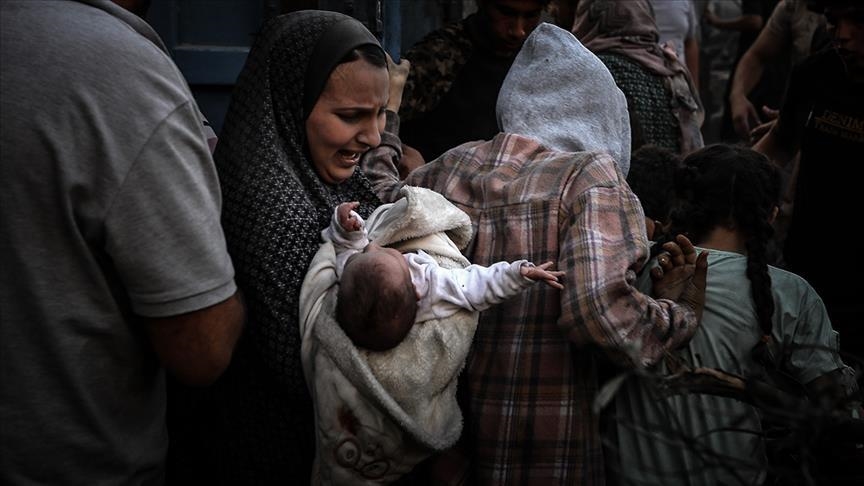In the winter when the world was gripped by the pandemic, I walked down First Avenue with a profound, gut-wrenching grief. I had only heard my daughter’s heartbeat three times before it fell silent forever. It was my fifth pregnancy, and after that, the world transformed into a merciless place for me. During sleepless nights in the small hours, I would replay those three beats like a lost melody, asking myself: Does grief this deep require permission? Must motherhood be realized to earn the right to mourn?
Three years later, on October 6th, I went under anesthesia for an egg retrieval procedure. I woke up this time with a new hope, my 18-month-old daughter waiting for me at home. But sitting on the couch, watching a series, turned into witnessing a catastrophe unfold on the news: reports of a surprise attack, rockets, demolished barriers, and hostages. City by city plunged into darkness, water supplies were cut, and the first bombs began to fall. And I, a mother who saw myself in those children, found myself watching the mothers of Gaza.
In late 2023, Palestinian children at a press conference, in a language not their native tongue, pleaded with the world for salvation. One child said: “We invite you to protect us.” The statement was both generous and devastating. As Audre Lorde said, the principle of nurturing—in both women and men—can be the salvation of our humanity. We are all mothers in this sense: when we answer the call to save one another, when we choose survival and education.
This invitation is a window into our own maternal selves. Today, in a world where children are bleeding in the streets of Gaza, the question asked of us transcends the boundaries of politics and religion: Can we answer this call? Can we protect the children for whom no one is the mother, except for all of us?
Guardian


